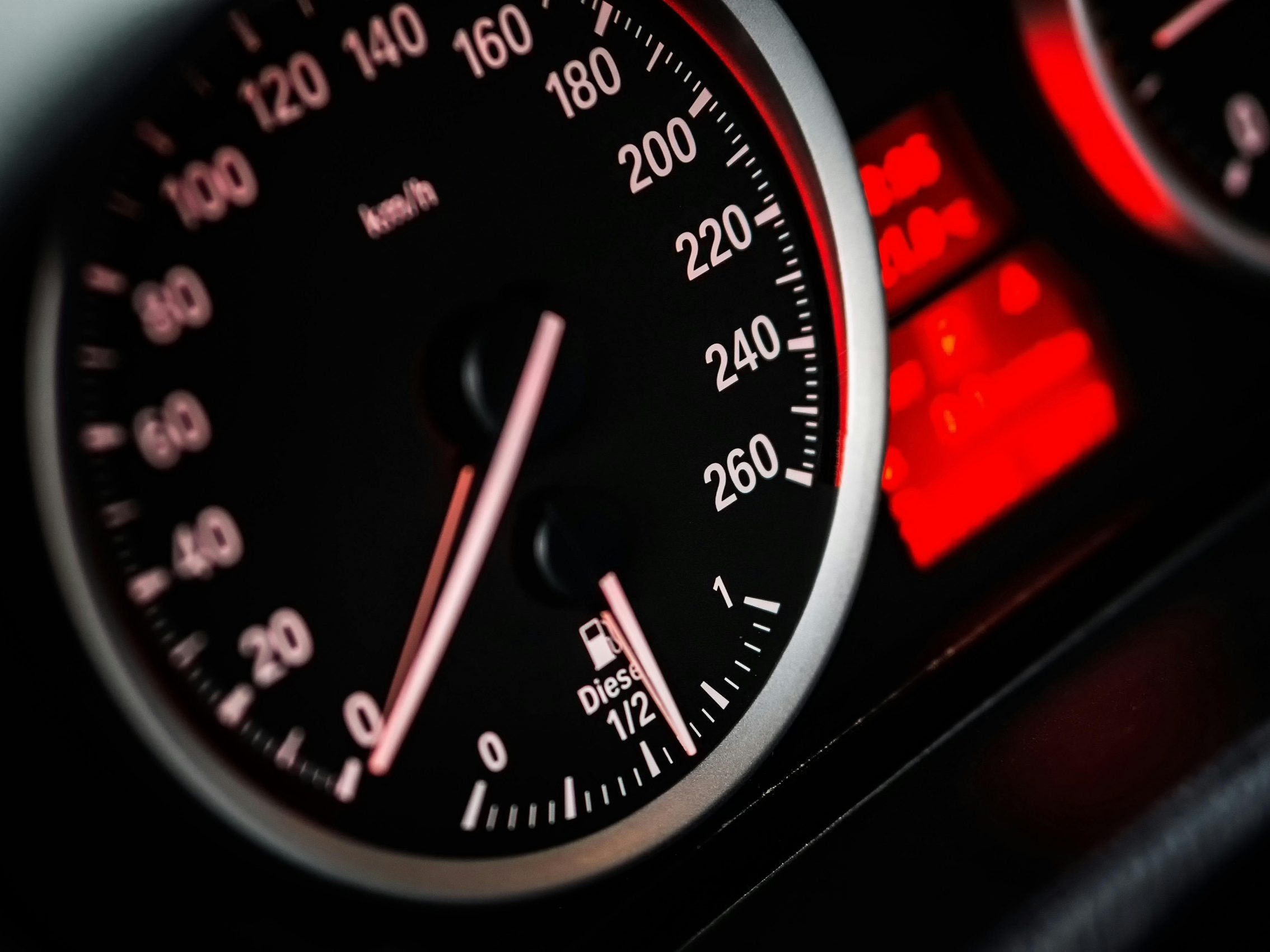Czechia Tests Speed Limit of 150 on Highway Towards Linz

An EU country is taking a new approach to speed limits – with digitally controlled traffic signs for faster driving in good weather.
Czechia is raising the speed limit to 150 km/h on a roughly 50-kilometer section of the D3 motorway (Dálnice 3) – initially as part of a pilot project. The affected section is located between the cities of Tabor and Budweis. According to the Czech Road and Motorway Directorate, the test operation is set to start at the end of September 2025.
Speed Limit Dependent on Weather
The newly installed digital variable traffic signs allow the higher speed limit to be released only under certain conditions. In good weather and smooth traffic, drivers are allowed to drive 20 km/h faster than previously permitted. In rain or winter road conditions, the limit is reduced back to 130 km/h. Czechia is investing around 2.2 million euros in 42 electronic signs for this trial.
Further Sections Planned
If the trial is successful, the Czech motorway authority plans to extend it to other routes. Specifically mentioned were the D1 motorway towards Ostrava and the D11 motorway near Hradec Králové.
Comparison: Austria's Speed-140 Test
Austria also tested an increased speed limit between 2018 and 2020. On the West Motorway (A1) between Vienna and Salzburg, a speed of 140 was allowed in selected areas. However, the measure was stopped in 2020 by Climate Protection Minister Leonore Gewessler – citing increased CO₂ emissions and the Emissions Protection Act. Some sections, particularly in Styria, are still subject to stricter speed rules with a so-called "air hundred."
Movement Also in the Netherlands
In addition to Czechia and Austria, the Netherlands has also recently made changes to speed limits. After a speed of 100 was introduced during the day in 2020, some routes have allowed 130 km/h around the clock since April 2025.
This article has been automatically translated, read the original article here.





